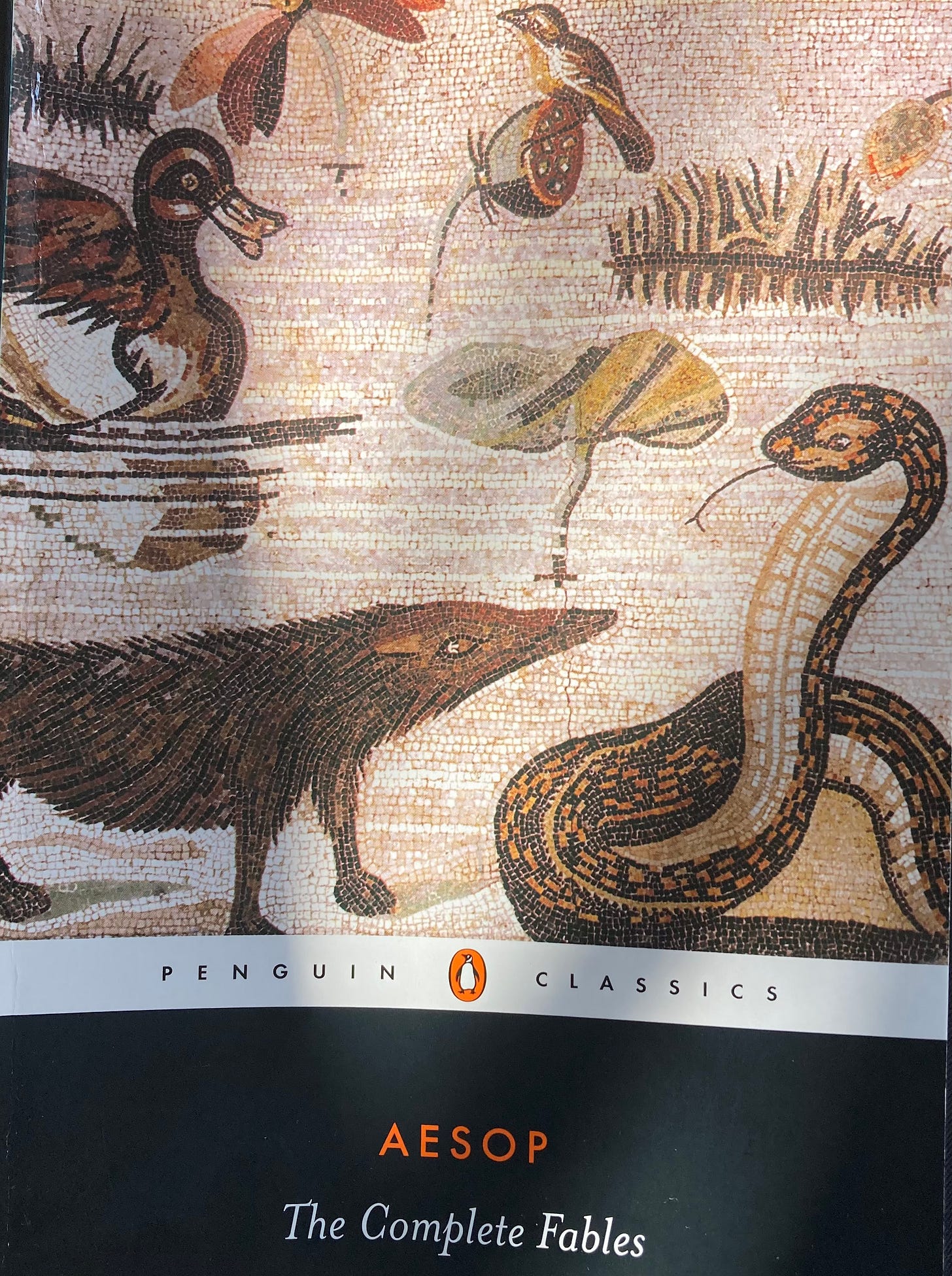writing academic articles
used not to want, now I do ?
School is over again, and I’ve been picking up the threads of an academic article on Plato that I’m particularly excited about. (no spoilers but—
This is weird to me for several reasons:
one, I’m working for the first time in a post-having-tenure summer, after six years of summer being a remarkably stressful race to try to produce three times as much work as might be necessary, just in case. writing an academic piece under this new condition of quasi-freedom is like carefully touching your tongue to where the tooth got lost: what do things feel like now that it’s not an arms race, is it even good? and why am I doing this?
two, when I first got my current job it felt like providence itself, I’ve rarely needed something more that pure luck passed on over to me. but I also remember sitting down during the first summer after the first two semesters were in the books, and wondering, ok, what does work look like to me under these circumstances, do I want to do it, really, and is academic work even good?
three, when I was an undergrad, I was raised by people with the highest cynicism, skepticism, and disdain for the mundane academic world they’d mostly left behind. I was actually ashamed, on platonic grounds, to have to firm of an opinion, and academic work was a sort of mark of cain on the true academic life. so I entered grad school thinking I’d have to work hard not to get corrupted, learning how to put together an essay on scholarly grounds while not sure at all if the pursuit was good, or in what respect would I really ever want to do it on purpose.
a distant four, today I was thinking, how did my senior essay on the Phaedrus get me into grad school in the first place? I’ve always been odd and idiosyncratic on my opinions, and the one thing I truly get aggressive about (sorry Eva) is when people are wrong on dumb hermeneutic grounds about Plato. I liked doing that essay; I got good advice (thank you GB). Somehow it translated when I don’t think there was even a decent chance that it would.
So, flash forward back to now, the one thing that seems like the true exercise of freedom is to pull myself together, walk to the library, sit in my favorite spot, and do the excruciating work not just of following out a whim I have in something I see about the world, but to follow out a whim I have about something I see in one of the most storied authors around, and one on whom opinions diverge most sharply in the century-laden record.
That’s weird! In some sense, I still feel like an autodidact, despite being the benefitee of some of the best schooling around. It still feels like I taught myself to write scholarly articles when I didn’t want to, exactly, and I’m thinking maybe what that means more precisely is that I ended up choosing to do it in a sort of baroque way, finding a peace within irony and art and messing around and making jokes in footnotes and doing exactly what I was told not to do, mix high and low idiom, and write sentences that were simply too long. As one of my undergrad professors put it (a man who has since been let go for sexual assault), Ms. Townsend can’t understand something until she’s put it into her own words. He meant it as aspersion, but it’s also true.
Virginia Woolf, whom I spent the even earlier time of high school living within, talks about the circumstances under which women’s writing isn’t able to come out whole, and clear, and true. She says: look neither to the right nor the left, but take the jump as it comes.
I can’t say I have done this, exactly, but there has been a jump I’ve made in all of this that wishes to be understood. It was marvelous to write about Plato today for this most persnickety of audiences. There’s a specific pace I’ve learned to take from section to section, when to cut myself off and when to keep going, a way to rearrange my thoughts into a more persuasive order, when to dash out with my instinct on how a certain passage is meant to be understood, when to lay paragraphs and paragraphs of careful slow burn building, and how to pull it all together in a way that has been philosophically earned.
I’d not exactly have been listening to the aforementioned teachers if my questions about desire and the good were simply answered now. But something comes out now that’s whole and clear and true. there’s the possibility for integrity here in this work too. it can be not weird that it is so. perhaps I can be like the scholars I most admire. onward to the summer once more!


